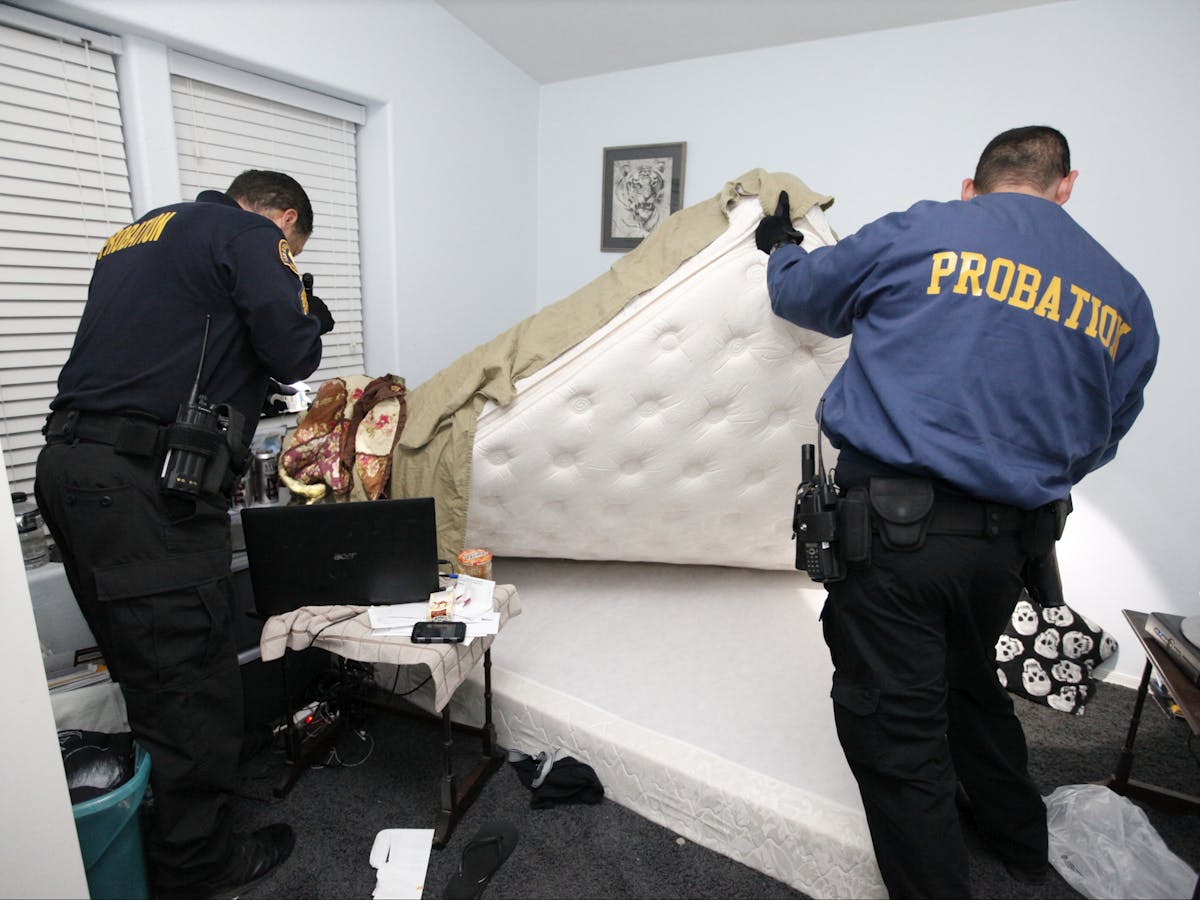
In Berghuis v. Thompkins, the U.S. Supreme Court ruled that a criminal suspect must specifically invoke the right against self-incrimination in order for constitutional protections to apply.
The case centered around the interrogation of Van Chester Thompkins, who was suspected of Homicide. He remained virtually silent for hours in police custody before giving a few brief responses to police questions. Most significantly, Thompkins answered “yes” when asked, “Do you pray to God to forgive you for shooting that boy down?” The statement was introduced at trial and Thompkins was convicted.
In a 5-4 ruling, the Court held that criminal suspects who do not clearly state their intention to remain silent are presumed to have waived their 5th Amendment rights. Ironically, suspects must literally open their mouths and speak in order for their silence to be legally protected. The new rule will defer to police in cases where the suspect fails to unambiguously assert their right to remain silent.
My opinion? Naturally, I’m concerned about any retreat from the basic principle that criminal suspects should not be compelled or coerced into incriminating themselves. The opinion is wrong because it creates additional challenges for suspects who already understand too little about how their constitutional rights apply during police interrogations.
Fortunately, however, the Berghuis decision leaves intact the best strategy for handling any police interrogation: keeping your mouth shut. Requiring suspects with limited legal knowledge to clearly assert their rights may seem a bit strict, but it’s irrelevant if the suspect never says a word to begin with. The point of the 5th Amendment isn’t to protect you after you’ve foolishly incriminated yourself; it’s to remind you that you’re not obligated to answer police questions in the first place.
Ultimately, the burden is on each of us to understand our rights and use that information to make the best decisions. It’s unlikely that any Supreme Court decision will ever change the fact that remaining silent is your best and only strategy if police ask you incriminating questions.
I can’t stress this enough: your attorney can suppress unlawfully obtained evidence IF you clearly assert your rights.
Please contact my office if you, a friend or family member are charged with a crime. Hiring an effective and competent defense attorney is the first and best step toward justice.















